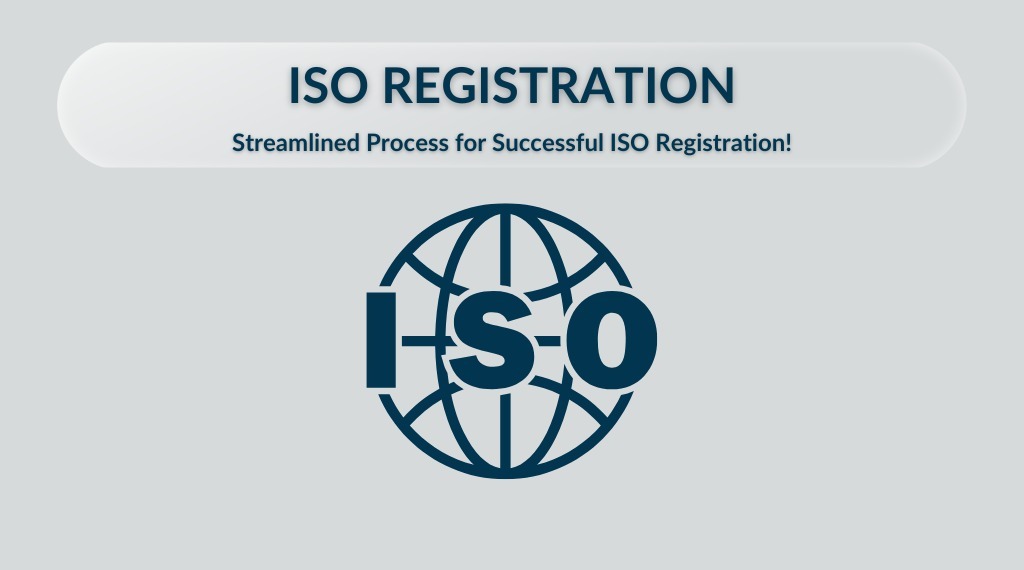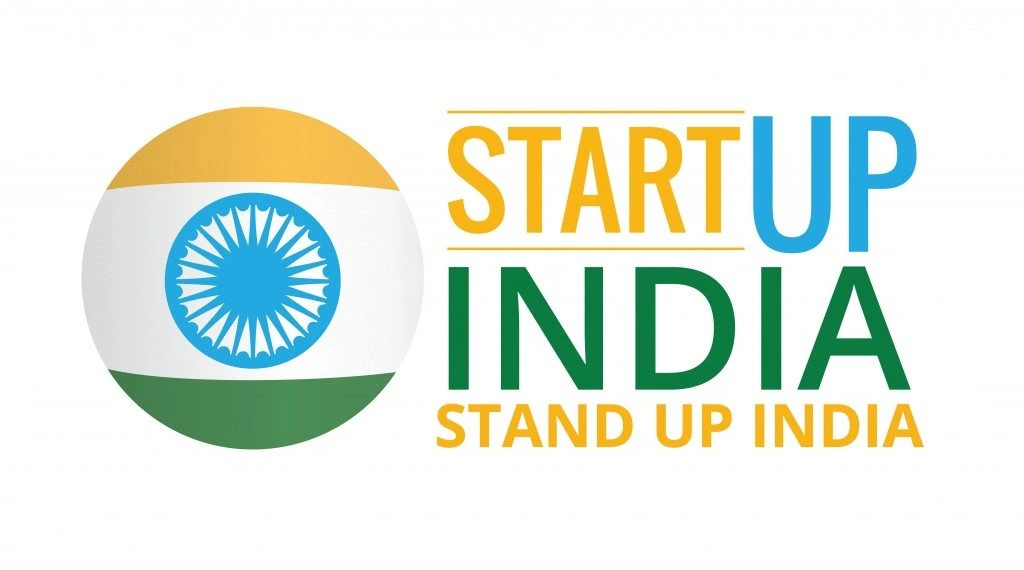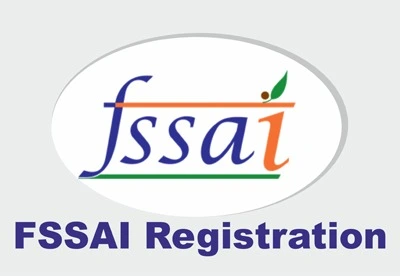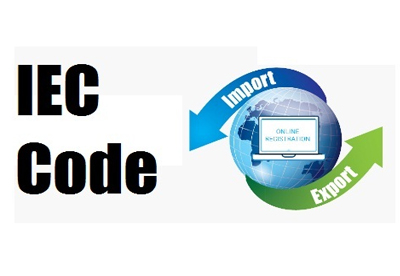
Documents Required
- Quality Manual
- Procedures and Work Instructions
- Quality Policy
- Record-keeping Documents
-
Training Records
Features
ISO Registration (9001)
ISO registration online is a convenient and efficient solution for organizations seeking ISO certification.
This digital approach offers a wide range of benefits, including simplified documentation, faster processing times, enhanced collaboration, and increased accessibility.
Easy ISO 9001 Certification: A Step-by-Step Guide for Businesses
ISO 9001 is a globally recognized standard that shows your business’s commitment to quality and efficiency. Registering for ISO certification online is now faster and easier than ever. This digital process offers benefits like simplified paperwork, faster processing, and easy access to quality management tools. If you’re a business looking to achieve ISO certification, we’ve got you covered with a simple guide to the ISO 9001 registration process.
What is ISO 9001 Certification?
ISO 9001 certification helps businesses prove they meet high standards for quality management. It ensures your company consistently delivers quality products and services. Achieving this certification shows your clients, partners, and stakeholders that you are dedicated to maintaining quality and improving business processes.
ISO 9001 applies to all types of businesses, from startups to established companies, and demonstrates your commitment to operational excellence. It builds trust with clients, enhances credibility, and boosts market competitiveness.
This digital approach offers a wide range of benefits, including simplified documentation, faster processing times, enhanced collaboration, and increased accessibility.
Why ISO 9001 Certification is Essential for Startups
For startups, getting ISO 9001 certified can open doors to new opportunities:
- Build Trust: Clients and partners trust businesses that are ISO certified.
- Boost Credibility: ISO certification makes your business stand out and demonstrates professionalism.
- Increase Sales and Growth: Being ISO certified gives you a competitive edge in the market and can attract more clients.
- Improve Efficiency: The ISO certification process helps streamline your operations, improving productivity.
How to Prepare for ISO Certification
Before applying for ISO 9001 certification, it’s important to ensure your business meets the required standards. Here’s how to prepare:
- Identify the Relevant ISO Standard: Know which ISO certification your business needs (ISO 9001 for quality management, for example).
- Internal Audit: Review your business processes to identify any gaps and areas for improvement.
- Training: Ensure your team understands the ISO standards and how they apply to your business.
- Documentation: Prepare key documents like a Quality Manual, Work Procedures, and Risk Management Reports.
- Compliance: Correct any non-conformities and ensure your operations are aligned with ISO standards.
Working with an ISO consultant can help you streamline this preparation process and improve your chances of certification success.
ISO 9001 Online Application Process
The online ISO registration process has made it easier for businesses to get certified. Follow these steps to apply:
- Complete the Online Application: Fill out the application form on the certification body’s website. You’ll need to provide details about your business and select the appropriate ISO standard.
- Initial Audit: You may need to schedule an initial assessment or audit to review your business processes.
- Submit Documents: Once you submit your application, the certification body will assess your documents and audit results.
- Certification Audit: If everything is in order, your business will undergo a final audit to ensure compliance.
- Receive Certification: After passing the audit, you’ll receive your ISO 9001 certification.
The entire process typically takes 3 months from start to finish, depending on your business’s readiness.
Documents Needed for ISO 9001 Certification
To apply for ISO 9001 certification, you’ll need to submit several important documents:
- Quality Manual: Describes your quality management system and processes.
- Procedures and Work Instructions: These documents show how you implement your quality system.
- Quality Policy: A statement outlining your commitment to quality and customer satisfaction.
- Internal Audit Reports: Show that you regularly review and improve your quality system.
- Employee Training Records: Proof that employees are trained to meet ISO standards.
- Risk Assessment: Documents that demonstrate your efforts to manage risks.
These documents help demonstrate your commitment to quality management and your readiness for certification.
How Much Does ISO Certification Cost?
The cost of ISO certification depends on several factors, including the size of your business, the ISO standard you’re applying for, and the certification body you choose. Here are some common cost components:
- Application & Assessment Fees: Fees for reviewing your application and auditing your business.
- Certification Fees: The cost of issuing and maintaining the ISO certificate.
- Training & Consultancy Fees: Fees for expert assistance to prepare your business for certification.
Payment can usually be made via bank transfer, credit/debit cards, or online payment systems, depending on the certification body.
Conclusion: Achieving ISO 9001 Certification for Your Startup
ISO certification is a key step for startups aiming to improve quality and stand out in the competitive marketplace. By following the ISO 9001 registration process online, your business can quickly gain credibility, build trust with clients, and enhance your overall business performance. With the right preparation, documentation, and support from an experienced ISO provider like Taxinno, you can successfully navigate the certification process and achieve ISO 9001 certification with ease.













